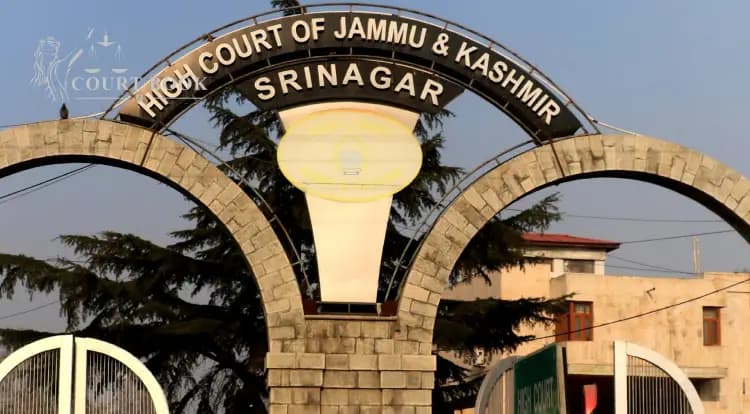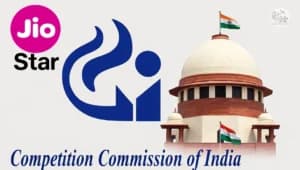In an important judgment, the Jammu & Kashmir and Ladakh High Court ruled that Special Courts under the Protection of Children from Sexual Offences Act (POCSO) have the power to determine the age of both the accused and the victim. Justice Sanjay Dhar emphasized that Section 34 of the POCSO Act gives Special Courts clear authority in such cases.
"Section 34 of the POCSO Act vests jurisdiction with the Special Court not only to determine the age of the offender but also the age of the victim," Justice Dhar noted while sending a case back to the trial court for a fresh age inquiry.
The case involves Tsewang Thinles, President of the Ladakh Buddhist Association (LBA), accused by a young woman of repeated sexual assaults at various locations, including his office and her home. The prosecutrix, from a poor background and caring for her ailing mother, alleged that Thinles exploited her vulnerable situation after promising help. An FIR was registered under Sections 354, 354-A of the RPC and Sections 9(l)/10 of the POCSO Act. Thinles initially obtained anticipatory bail but it was later canceled when the trial court, relying on a school certificate, concluded the victim was a minor.
Read Also:-Justice Arun Palli Sworn In As Chief Justice Of Jammu & Kashmir And Ladakh High Court
Thinles contested the finding, arguing that earlier police records from 2005 suggested the victim was born in 2000, making her over 18 at the time of the incident. Justice Dhar, after examining the legal provisions, referred to Section 34(2) of the POCSO Act, explaining that it allows Special Courts to determine the age of any child, whether offender or victim, at any stage of proceedings.
Supporting this interpretation, the Court cited the Manipur High Court ruling in Longjam Pinky Singh v. State of Manipur, which also recognized that Special Courts can assess a victim’s age even before charges are framed. Moreover, the Supreme Court's judgment in P. Yuvaprakash v. State highlighted that disputes regarding age must follow the procedure in Section 94 of the Juvenile Justice Act, giving first preference to school or matriculation certificates.
However, Justice Dhar pointed out a flaw in the trial court's approach. He criticized the court for relying solely on a school certificate from Jawahar Navodaya Vidyalaya, Leh, without verifying the record or examining school officials.
“It was incumbent upon the learned trial Court to summon the record relating to the said certificate from the concerned school and to examine the Record Keeper so as to determine the veracity of the certificate in question," the Court stated.
Although the petitioner’s claim based on an old police case was weak — because that case didn't actually determine the prosecutrix’s age — the trial court still had a duty to verify the school record properly.
When it came to the bail plea, Justice Dhar denied it. The Court stressed the seriousness of the allegations, highlighting that the petitioner allegedly abused his influential position to exploit a helpless girl.
"It is not a case of a relationship between teenagers gone wrong but appears to be a case of exploitation by a person holding a high position," the Court observed. Given Thinles’ previous conduct of absconding and his influence in society, the Court feared he might tamper with the evidence if released.
As a result, the High Court set aside the trial court's previous order determining the prosecutrix's age and directed the lower court to conduct a fresh inquiry. The petitioner was allowed to reapply for bail only after the victim’s statement is recorded during the trial.
Case Title: Tsewang Thinles Vs UT Of Ladakh















